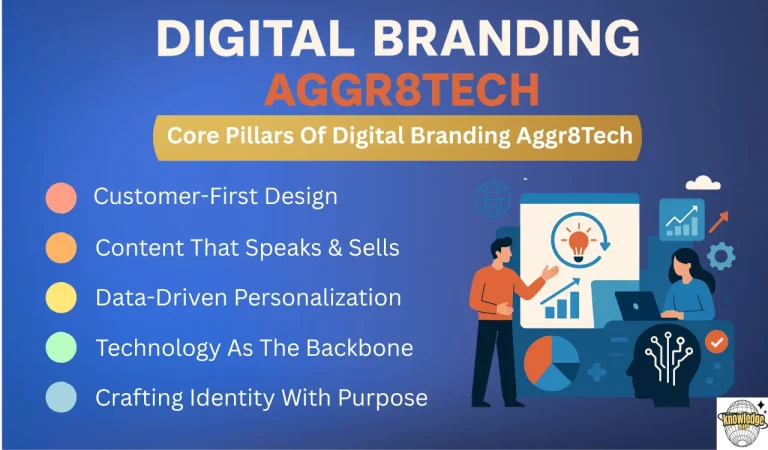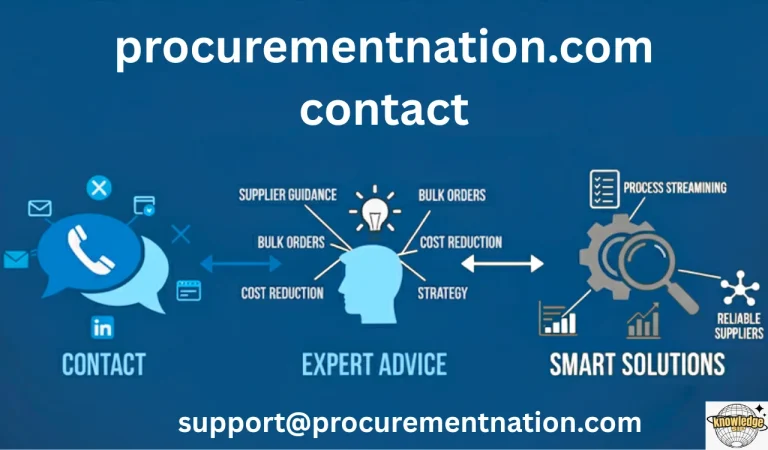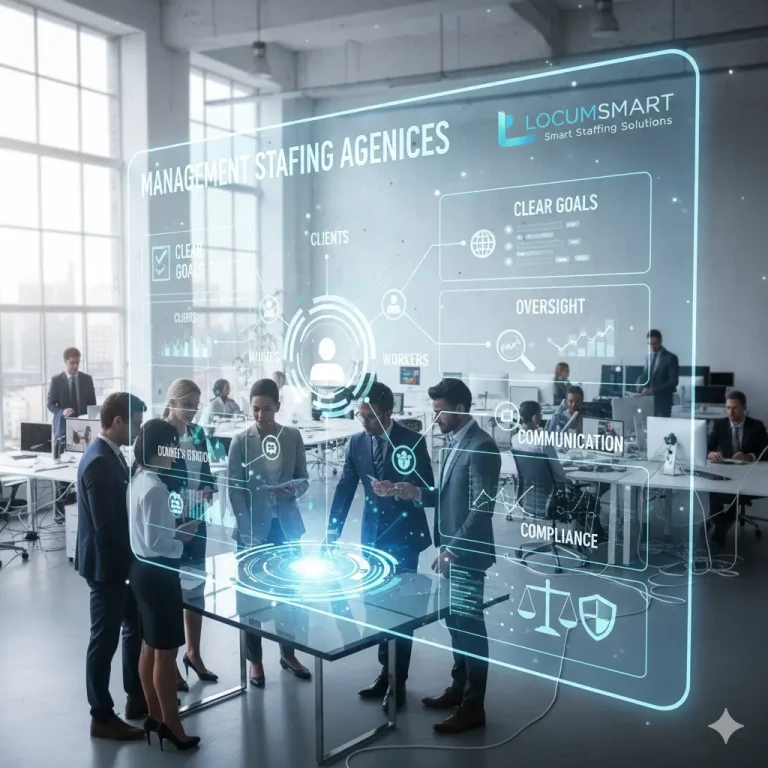The Role of Faxing in the New Era of Healthcare Data Security
It is surprising that despite the evolution of the digital healthcare landscape, faxing technology is still used
and plays a critical role in healthcare communications. Why is this technology not outdated?
Many people would think facsimile machines are obsolete, but they are as important as they were
decades ago. In fact, modern fax systems that are fully HIPAA compliant are being used in the healthcare
industry to avoid compliance challenges. Here is the role of faxing in improving healthcare data security.
Why Do Healthcare Organizations Consider Faxing?
Healthcare providers are responsible for keeping patient information safe and ensuring no unauthorized parties access it. This is a requirement and a HIPAA regulation, and those who break the rules face severe penalties. Modern electronic faxing allows healthcare providers to safely send documents while minimizing exposure to cyber threats.
To be on the safe side of the data security laws, especially when sharing data with other caregivers, healthcare providers must use right technology. They should consider a HIPAA compliant fax solution with end-to-end encryption and detailed logging features. Such a system is reliable and provides a secure way for healthcare providers to share patient data.
Modern Fax Solution
Selecting the right electronic fax system is a crucial decision for healthcare organizations. Before using
fax technology, healthcare professionals must ensure the platform they choose has appropriate security
features to avoid trouble with the authorities. A secure fax machine or electronic fax platform should have
access control, encryption, and audit logging features, which help protect sensitive information.
Modern fax systems should also integrate with existing medical systems. Healthcare providers can link
the fax system with electronic health records, making the faxing process fast and less prone to human
error. Other features that help to streamline the process are optical character recognition and smart
routing.
Cost Reduction
How can doctors benefit from using modern fax technology while adhering to HIPAA rules? They can
reduce expenses since electronic faxing does not need conventional fax machines.
Electronic faxing uses cloud-based systems, which means healthcare providers can save costs
associated with maintaining the machine and buying paper and ink. So, modern faxing can cut operating
costs and simplify document management.
Another reason modern faxes are cost-effective is that they do not need additional telephony or physical
servers. Though cloud-based, they still allow senders and receivers to interact as they do with
conventional fax machines. What stands out about modern faxing is that the messages are encrypted and
password-protected to ensure that only the intended recipient gets the message.
Better than Email
While many people rely on emails as a form of communication, they are not safe for sensitive information.
That is because emails travel as clear texts that can be intercepted by third parties. This is not the case
with the modern faxing system, which uses isolated communication channels to reduce the possibility of
data breaches.
Another benefit of modern faxing is that it does not pass through many servers; it follows closed and
traceable paths. Having these features allows organizations to maintain secure documentation. It also
improves their ability to respond to potential data breaches.
Fax technology is still useful in the modern healthcare landscape. As healthcare providers embrace digital
transformation, electronic faxing offers an effective way to protect sensitive data. However, hospitals
should only implement HIPAA-compliant fax solutions.






